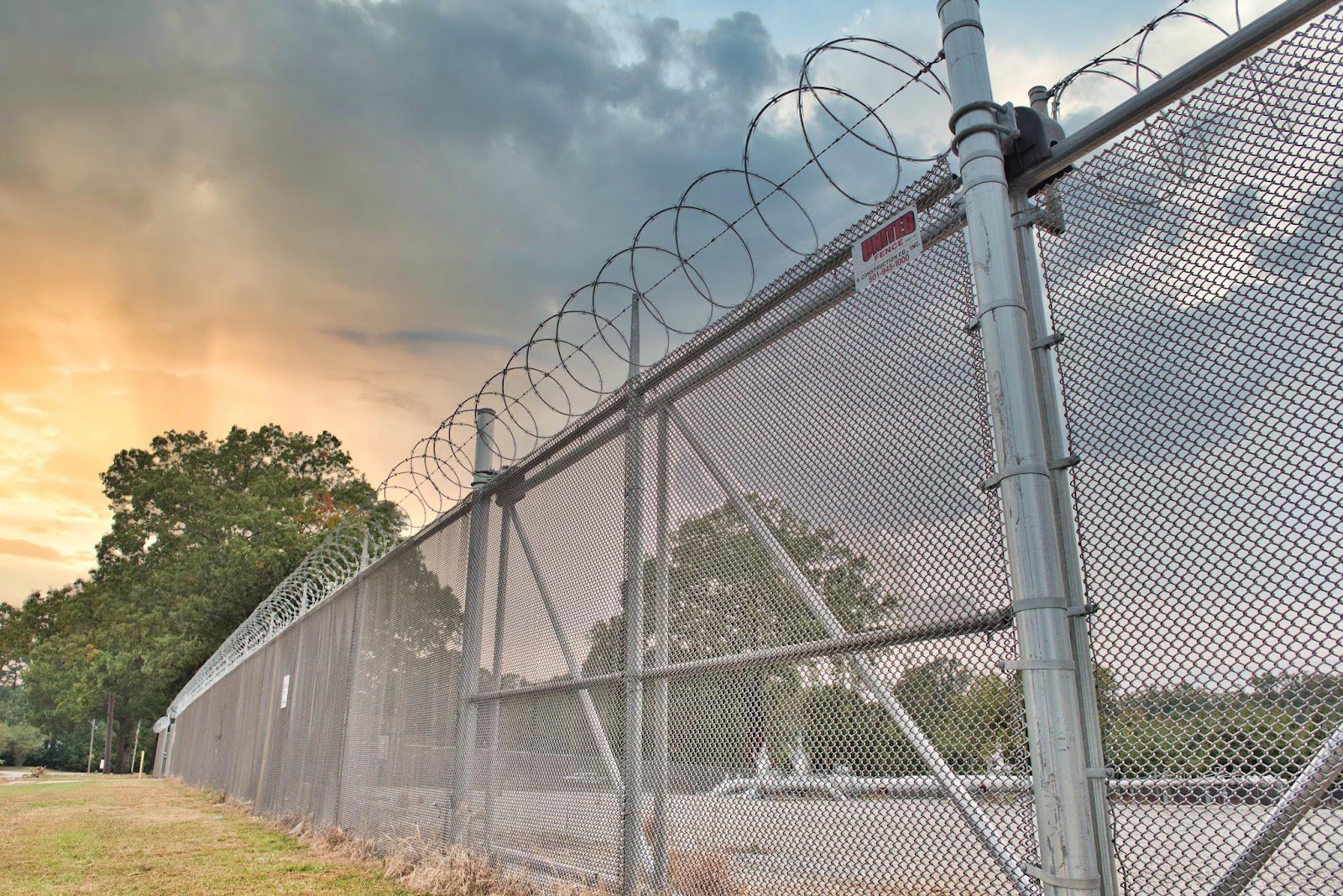All Categories
Featured
Selecting the best fencing for a residential or commercial property situated in an area prone to extreme weather is crucial for keeping capability, safety and security, and toughness. Whether your region experiences high winds, hefty snowfall, intense warm, or torrential rainfalls, certain fencing products and designs are much better geared up to endure the aspects. Right here's an overview to the very best secure fencing alternatives for residential properties in difficult environments.
Fence Options for Windy Locations.
Secure Fencing Options for Wet or Humid Climates.
![]()
Fence Options for Cold and Snowy Climates.
Secure Fencing Options for Hot and Arid Climates.
![]()
Layout and Setup Tips for Extreme Weather Condition. Protect Structures: Properly anchoring fence posts in concrete can improve stability during tornados or heavy snowfall. Select Open Designs: In gusty locations, pick fencings with slats or spaces to enable air to go through, minimizing stress on the framework. Usage Weather-Resistant Coatings: Protective finishings can secure fencings from corrosion, fading, or dampness damages, extending their lifespan. Speak With Professionals: Collaborate with skilled fence professionals who comprehend local weather challenges and can suggest the very best layouts and materials. Verdict. Extreme climate condition demand fencing options that prioritize sturdiness and strength. Whether you're fighting high winds, heavy snowfall, extreme warmth, or extreme wetness, materials like vinyl, composite, aluminum, and dealt with timber offer reputable security. By picking the appropriate fence and ensuring proper installation, you can guard your residential property while enhancing its visual allure.
Fence Options for Windy Locations.
- Vinyl Fences. Plastic fencing is adaptable and extremely sturdy, making it a superb selection for areas vulnerable to solid winds. Its capability to bend slightly without breaking assists it endure high-pressure gusts. Opt for styles with larger spaces, such as picket or shadowbox designs, to decrease wind resistance.
- Steel Fences (Light Weight Aluminum or Steel) Metal fences are solid and can manage hefty winds, specifically when spaced properly. Light weight aluminum is lightweight and rust-resistant, while steel uses added durability for extreme conditions.
- Chain-Link Fences. Chain-link secure fencing enables wind to go through, minimizing resistance and pressure. This cost-effective choice is optimal for windy locations and requires minimal upkeep.
Secure Fencing Options for Wet or Humid Climates.
- Plastic Fences. Vinyl is impervious to moisture, making it an excellent choice for areas with heavy rains or high moisture. It won't warp, rot, or draw in mold, making certain long life with minimal upkeep.
- Composite Fences. Composite products combine wood fibers and plastic, offering superb resistance to wetness and rot. They imitate the look of wood while supplying premium sturdiness in damp problems.

- Pressure-Treated Wood. For those that like a natural look, pressure-treated wood is developed to resist water damage, degeneration, and insect problems. It calls for normal sealing to keep its integrity.
Fence Options for Cold and Snowy Climates.
- Wrought Iron Fencings. Wrought iron fences are tough and can withstand heavy snow loads without flexing or damaging. Nevertheless, they require a safety layer to avoid corrosion in areas with snow and ice.
- Vinyl Fences. Vinyl continues to be resistant and versatile to splitting in freezing temperatures. Its non-porous surface area also prevents ice buildup, making it an exceptional alternative for cool climates.
- Concrete or Rock Fencings. These materials are extremely sturdy and can hold up against the weight of snow and ice. They call for professional installation but offer unparalleled durability in extreme cold.
Secure Fencing Options for Hot and Arid Climates.
- Plastic Fences. Vinyl is UV-resistant and does not fade, warp, or fracture under intense warmth, making it one of the most effective alternatives for desert-like conditions.
- Light weight aluminum Fences. Light weight aluminum secure fencing stands up to severe heat without endangering its structure or appearance. Its powder-coated coating supplies extra protection versus sun damage.
- Bamboo Fences. Bamboo is naturally immune to warmth and includes an one-of-a-kind, environment-friendly visual. It's light-weight and lasting, yet it might need routine treatment to avoid breaking or drying.

Layout and Setup Tips for Extreme Weather Condition. Protect Structures: Properly anchoring fence posts in concrete can improve stability during tornados or heavy snowfall. Select Open Designs: In gusty locations, pick fencings with slats or spaces to enable air to go through, minimizing stress on the framework. Usage Weather-Resistant Coatings: Protective finishings can secure fencings from corrosion, fading, or dampness damages, extending their lifespan. Speak With Professionals: Collaborate with skilled fence professionals who comprehend local weather challenges and can suggest the very best layouts and materials. Verdict. Extreme climate condition demand fencing options that prioritize sturdiness and strength. Whether you're fighting high winds, heavy snowfall, extreme warmth, or extreme wetness, materials like vinyl, composite, aluminum, and dealt with timber offer reputable security. By picking the appropriate fence and ensuring proper installation, you can guard your residential property while enhancing its visual allure.
Latest Posts
Experience the Style of Hardwood Flooring with Carpet Interiors Floor & Home
Published Apr 19, 25
1 min read
Discovering the Conveniences of WyHy Share Interest-bearing Account
Published Apr 19, 25
1 min read
Courtside Snack Shack: Quick Bites for Sports Lovers
Published Apr 19, 25
1 min read
More
Latest Posts
Experience the Style of Hardwood Flooring with Carpet Interiors Floor & Home
Published Apr 19, 25
1 min read
Discovering the Conveniences of WyHy Share Interest-bearing Account
Published Apr 19, 25
1 min read
Courtside Snack Shack: Quick Bites for Sports Lovers
Published Apr 19, 25
1 min read